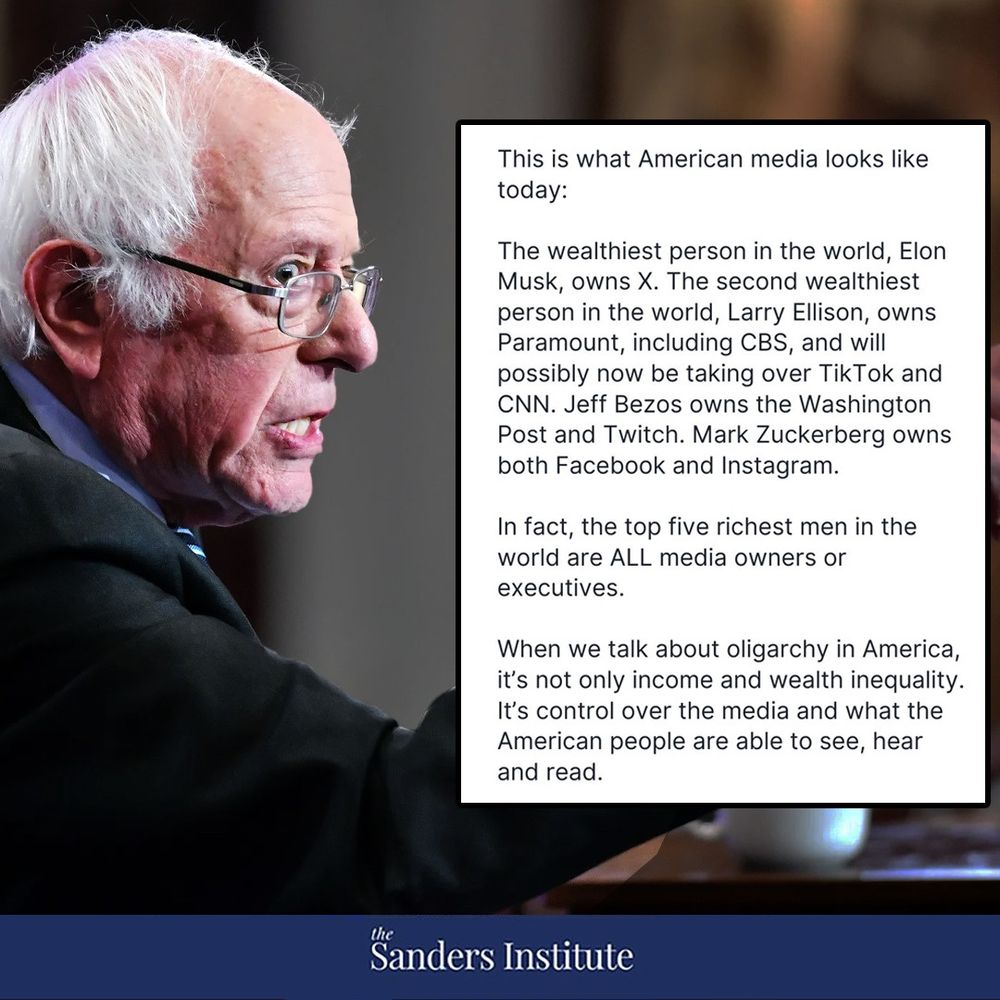Economic policy refers to the actions that governments take in the economic field. It involves the use of various tools and strategies to influence the economy’s performance, including fiscal, monetary, trade, and regulatory policies. The ultimate goal of economic policy is to promote economic growth, stability, and prosperity for a country’s citizens. Economic policy is a crucial aspect of governance, as it directly impacts the livelihoods of individuals and the overall well-being of a nation.
Economic policy is shaped by a variety of factors, including political ideology, economic theory, and the current state of the economy. Governments must carefully consider the potential consequences of their economic policy decisions, as they can have far-reaching effects on businesses, consumers, and the overall economy. Effective economic policy requires a deep understanding of economic principles and a willingness to adapt to changing circumstances. In this article, we will explore the role of government in economic policy, as well as the various tools and strategies that governments use to influence the economy.
The Role of Government in Economic Policy
The role of government in economic policy is multifaceted and complex. Governments play a crucial role in shaping the economic environment through their policies and regulations. They are responsible for creating an environment that is conducive to economic growth, stability, and prosperity. This involves making decisions about taxation, government spending, money supply, interest rates, trade agreements, and regulations that impact businesses and consumers.
Governments also have a responsibility to address market failures and ensure that the economy operates efficiently and fairly. This may involve implementing policies to address issues such as income inequality, unemployment, inflation, and environmental degradation. Additionally, governments must consider the global implications of their economic policies, as they are interconnected with other economies through trade and financial markets. Overall, the role of government in economic policy is to create an environment that fosters economic growth and prosperity while addressing societal challenges and promoting fairness.
Fiscal Policy: Taxation and Government Spending
Fiscal policy refers to the use of taxation and government spending to influence the economy. Governments use fiscal policy to achieve various objectives, such as promoting economic growth, controlling inflation, and addressing social issues. Taxation is a key tool in fiscal policy, as it provides governments with revenue to fund public services and programs. By adjusting tax rates and implementing tax incentives, governments can influence consumer spending, investment, and saving behavior.
Government spending is another important component of fiscal policy. By allocating funds to specific areas such as infrastructure, education, healthcare, and defense, governments can stimulate economic activity and address societal needs. However, excessive government spending can lead to budget deficits and inflation if not carefully managed. Fiscal policy requires a delicate balance between taxation and government spending to achieve desired economic outcomes while maintaining fiscal sustainability.
Monetary Policy: Control of Money Supply and Interest Rates
Monetary policy involves the control of the money supply and interest rates by a country’s central bank. The primary objective of monetary policy is to maintain price stability and promote full employment. Central banks use various tools such as open market operations, discount rates, and reserve requirements to influence the money supply and interest rates. By adjusting these variables, central banks can influence borrowing costs, consumer spending, investment, and inflation.
Monetary policy also plays a crucial role in managing exchange rates and promoting financial stability. Central banks must carefully monitor economic indicators such as inflation, unemployment, and GDP growth to make informed decisions about monetary policy. However, monetary policy is not without its challenges, as central banks must navigate complex global financial markets and respond to external shocks such as financial crises or geopolitical events. Effective monetary policy requires a deep understanding of economic principles and a willingness to adapt to changing circumstances.
Trade Policy: Tariffs, Subsidies, and Trade Agreements
Trade policy refers to the regulations and agreements that govern international trade between countries. Governments use trade policy to protect domestic industries, promote exports, and regulate imports. This may involve implementing tariffs on imported goods, providing subsidies to domestic producers, or negotiating trade agreements with other countries. Trade policy has significant implications for businesses, consumers, and the overall economy.
Tariffs are taxes imposed on imported goods to make them more expensive for domestic consumers. While tariffs can protect domestic industries from foreign competition, they can also lead to higher prices for consumers and retaliation from trading partners. Subsidies are financial incentives provided by governments to domestic producers to make their products more competitive in international markets. However, subsidies can distort market prices and lead to inefficiencies if not carefully managed.
Trade agreements are another important aspect of trade policy. These agreements establish rules for trade between countries and can have significant implications for businesses and consumers. For example, free trade agreements can lead to increased market access for businesses and lower prices for consumers, while also promoting economic growth and job creation. However, trade agreements can also lead to job displacement in certain industries and may have negative environmental or social impacts if not carefully managed.
Regulatory Policy: Impact of Regulations on Businesses and Consumers
Regulatory policy refers to the rules and regulations that govern business activities and consumer behavior. Governments use regulatory policy to protect public health and safety, promote fair competition, and address societal issues such as environmental protection and consumer rights. Regulations can have significant implications for businesses and consumers, as they can impact costs, market access, product quality, and consumer choice.
Regulatory policy involves a delicate balance between promoting economic growth and addressing societal concerns. Excessive or poorly designed regulations can lead to higher costs for businesses, reduced innovation, and barriers to market entry. However, inadequate regulations can lead to negative externalities such as pollution, unsafe products, or unfair business practices. Effective regulatory policy requires careful consideration of the potential impacts on businesses and consumers while addressing societal challenges.
Evaluating the Effectiveness of Economic Policy
Evaluating the effectiveness of economic policy is a complex and ongoing process. Governments must carefully monitor economic indicators such as GDP growth, inflation, unemployment, trade balances, and fiscal deficits to assess the impact of their policies. Additionally, they must consider the long-term implications of their policies on factors such as income inequality, environmental sustainability, and social well-being.
Economic policy evaluation also involves considering the global implications of policies on other economies through trade and financial markets. For example, trade policies can have significant implications for international relations and global economic stability. Monetary policies can impact exchange rates and capital flows between countries. Regulatory policies can influence global supply chains and consumer choices.
Overall, evaluating the effectiveness of economic policy requires a deep understanding of economic principles and a willingness to adapt to changing circumstances. It also involves considering the potential trade-offs between short-term economic objectives and long-term societal goals. Effective economic policy evaluation is crucial for ensuring that governments make informed decisions that promote economic growth, stability, and prosperity for their citizens while addressing societal challenges in a fair and sustainable manner.











